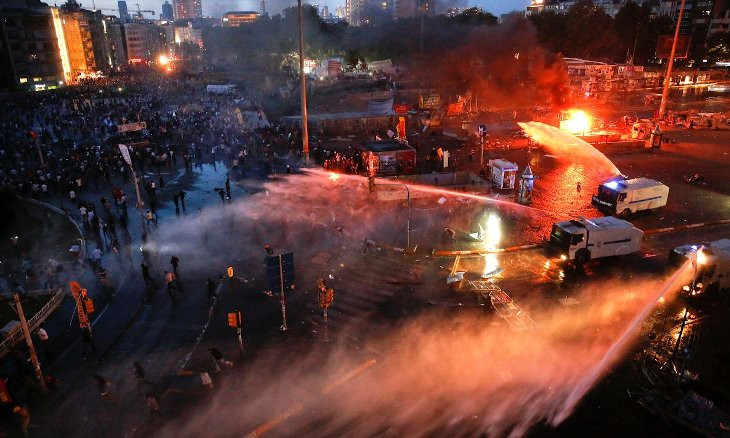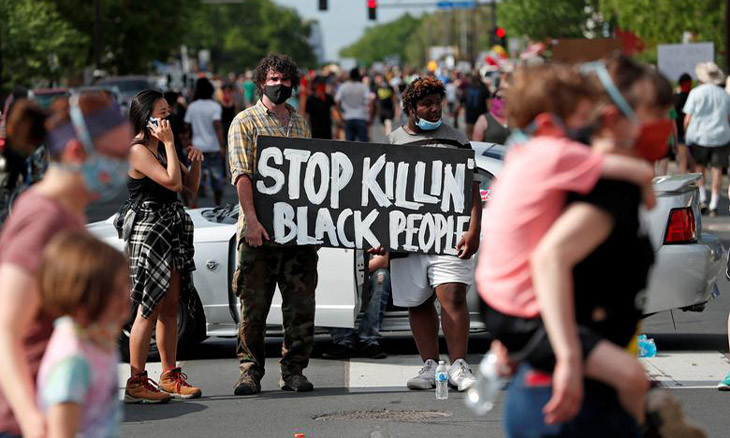Europe's top rights court to look into Gezi victim Berkin Elvan's case
The European Court of Human Rights (ECHR) has put the case into the killing of 14-year-old Berkin Elvan in process and asked Turkey a number of questions, including those related to the violation of the right to life. The court asked the reason for why the criminal responsibility was laid solely on a police officer and why the demand to prosecute government officials was rejected.
Duvar English
 Thousands mark Gezi Park protests on seventh anniversary
Thousands mark Gezi Park protests on seventh anniversaryThe European Court of Human Rights (ECHR) has put the case into the killing of 14-year-old Berkin Elvan in process.
Elvan was shot by a tear gas canister fired by police during the Gezi Park protests, which took place in Istanbul’s Taksim following harsh government response to a group of protesters trying to prevent the cutting down of trees for a large development project planned by the government in 2013.
Elvan died in March 2014 after 269 days in a coma.
The ECHR prioritized Elvan's case and asked Turkey questions on the violation of the right to life, as well as the incident itself, Deutsche Welle Turkish reported on June 23.
The court also asked about the judicial process that's ongoing in the country.
The application to the ECHR was filed on Nov. 29, 2019 by Elvan's family, who said that the child's death stemmed from excessive use of force, police are not sufficiently trained on using tear gas and that the issue is not clear enough in the law.
 Turkey's President Erdoğan condemns Minneapolis police killing of George Floyd
Turkey's President Erdoğan condemns Minneapolis police killing of George FloydThey also pointed to the length of the investigation into the police officer who killed Elvan and the lack of an effective probe.
The fact that Elvan was in a coma for 269 days made the family suffer, the application said, adding that Articles 2, 3, 10, 11 and 13 were violated, which concern the right to life, prevention of inhumane treatment, freedom of expression, freedom of assembly and the right to an effective remedy.
The court, in return, asked Turkey to prove Elvan's right to life was not violated and that his death stemmed from "absolutely necessary use of force."
What are Turkey's measures to prevent risks against the right to life when using gas canisters, the court asked, while also seeking information on the legal regulations regarding using these types of weapons in protests. Another question concerned the training that police are obliged to undergo.
The court asked the reason for why the criminal responsibility was laid solely on a police officer and why the demand to prosecute government officials was rejected.
Ankara has 24 weeks to respond to the ECHR.
